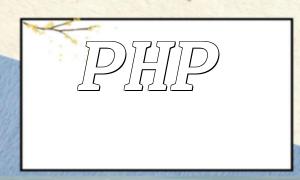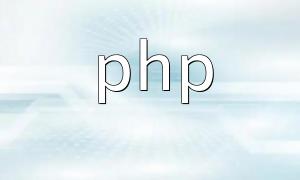Overview
Remote Procedure Call (RPC) is a widely used technology in modern distributed systems, allowing client applications to invoke functions located in different processes or machines as if they were local. For C++ and PHP developers, RPC frameworks are an essential part of distributed applications and microservices architectures. This article explores popular C++ and PHP RPC frameworks and analyzes their pros and cons.
Common C++ RPC Frameworks
- Apache Thrift: Apache Thrift is a mature and powerful framework that provides cross-language support (including C++, Java, Python, etc.). It supports multiple transport protocols such as TCP, HTTP, and non-blocking I/O.
- gRPC: gRPC is a modern RPC framework based on HTTP/2 developed by Google. It offers efficient binary encoding, stream support, and robust security features, making it ideal for microservices architectures.
- Protocol Buffers RPC: This RPC framework is based on the Protocol Buffers data format. It features compact serialization and language-neutral interface definitions, making it suitable for efficient remote procedure calls.
- Apache Avro RPC: Apache Avro uses the Avro data format for serialization and transport. It supports cross-language communication and offers simple data definition mechanisms.
- Corba: Corba is an industrial standard RPC framework known for its cross-platform and language transparency. It is suited for stable, enterprise-level applications.
Factors to Consider When Choosing an RPC Framework
When selecting the right RPC framework, consider the following criteria:
- Performance: Consider throughput, latency, and resource consumption of the framework.
- Scalability: Can the framework support a large number of clients and servers?
- Language Support: Is the framework compatible with the language(s) used in your project?
- Protocol Support: Does the framework support various transport protocols, such as TCP and HTTP?
- Security Features: Does the framework support authentication, encryption, and authorization?
- Community Support: Does the framework have an active developer community, documentation, and examples?
Conclusion
Choosing the right RPC framework requires carefully considering the needs of your application and the features of each framework. Different RPC frameworks are suited for different scenarios, and developers should select the most suitable framework based on their requirements to ensure high performance and maintainability.









